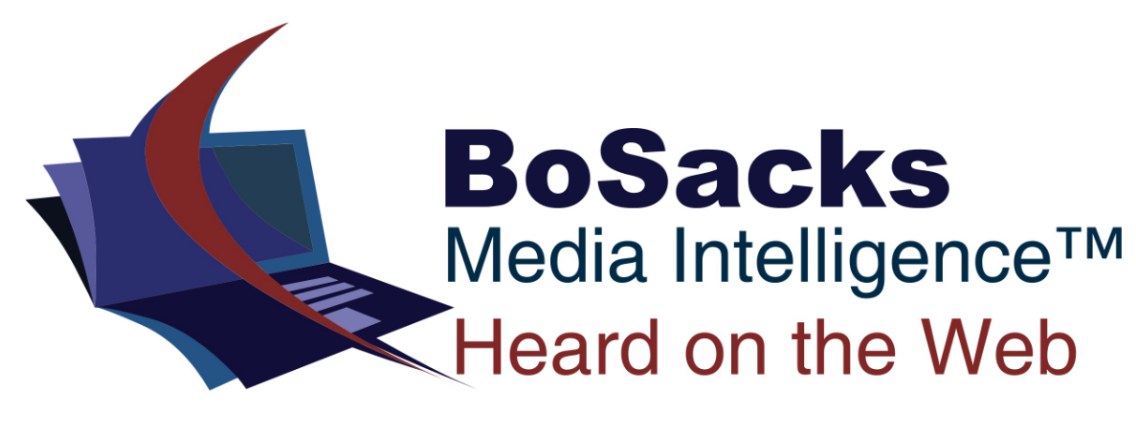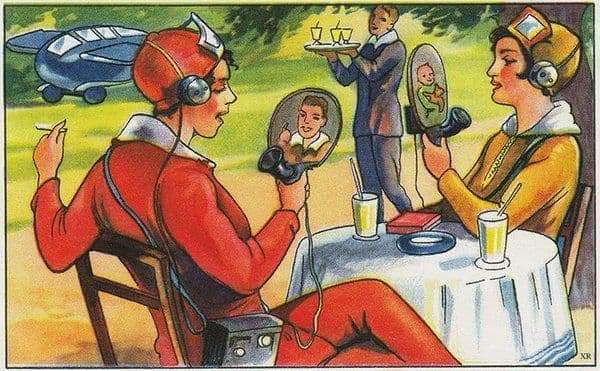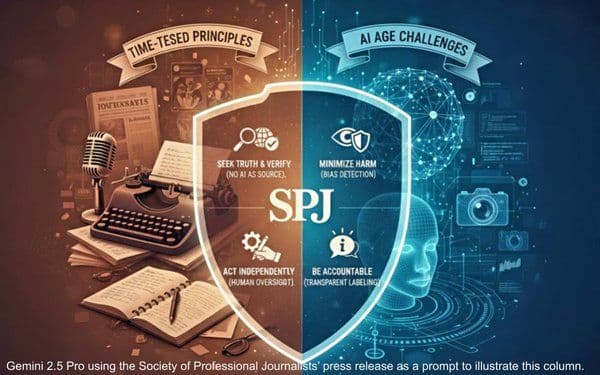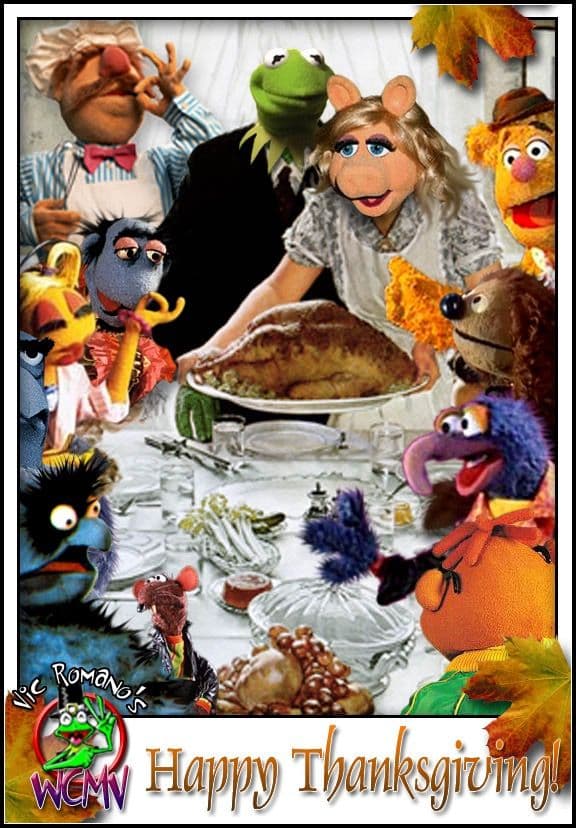BoSacks Speaks Out: The 5‑Year Plan Is Dead - Long Live Planning (and Bring on the CVO)
As I see it, the uncomfortable truth: the traditional five‑year business plan is dying of natural causes, and we are all attending the wake. Technolog...
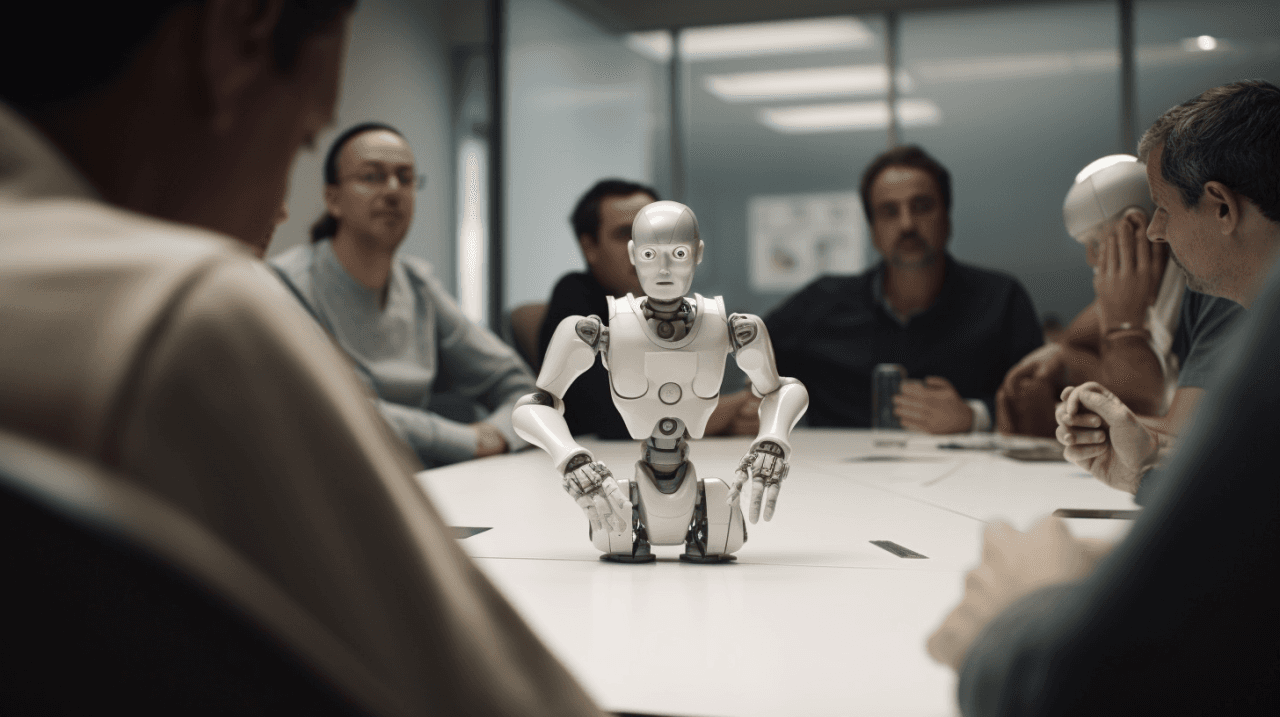
BoSacks Readers Speak Out:ONB Hudson News, Gourmet Mag, and Compugraphic
This is from Hudson News We sell magazines. We love magazines. And they perform exceptionally well in our business. Recent chatter mixed up our compa...

BoSacks Speaks Out: Welcome to Advertising’s No-Human Future
The future shouldn't be just about machines. It must be about people, about preserving the spark of judgment, imagination, and purpose that no algorit...

BoSacks Speaks Out: Who’s Your Head of Preparedness?
Decades ago, Time Inc. understood something that too many media companies have forgotten: you cannot “optimize” your way out of a future you refuse to...

BoSacks Readers Speak Out: On AI, Freelancers, Teens Reading and Listening as Reading
People don't seem to like it when I say that AI is wonderful but that it will destroy everything. The best line in the article: "optimism doesn't pay...

Bo Sacks Speaks Out: Welcome to the Era of Permanent Disruption
This is the age of permanent disruption where truth feels negotiable, trust is on life support, and artificial intelligence is both our eager intern a...
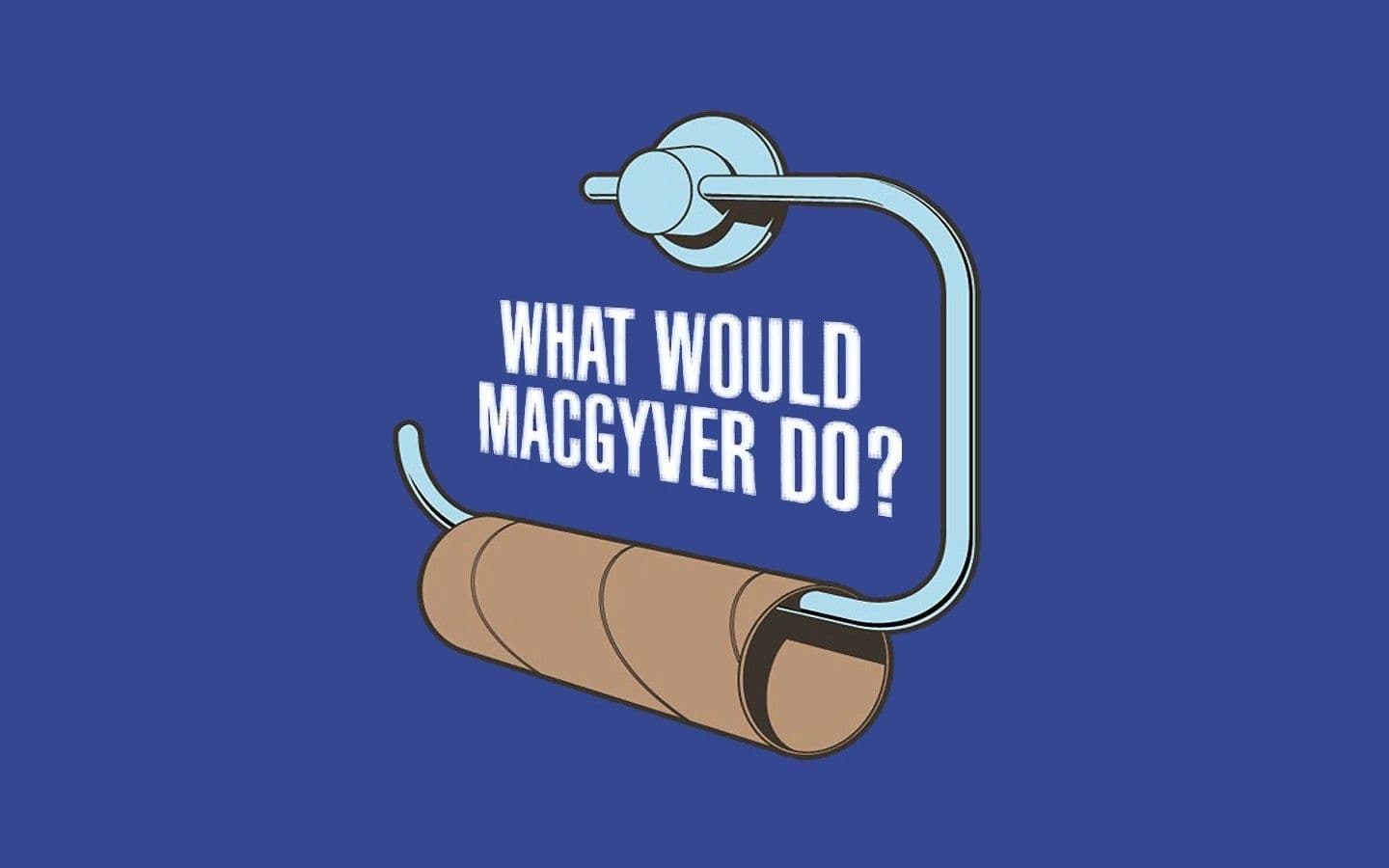
BoSacks Speaks Out: When the Paper Itself Was the News
We’re not merely losing newsprint; we’re losing the daily rituals that stitched us together. The morning rustle at the breakfast table. The proud clip...

BoSacks Publishing Forecast: From Past Predictions to 2030 Reality
For almost twenty years, I’ve been the guy yelling over the print noise that publishing isn’t dying, it’s morphing. Most of what I said would happen...
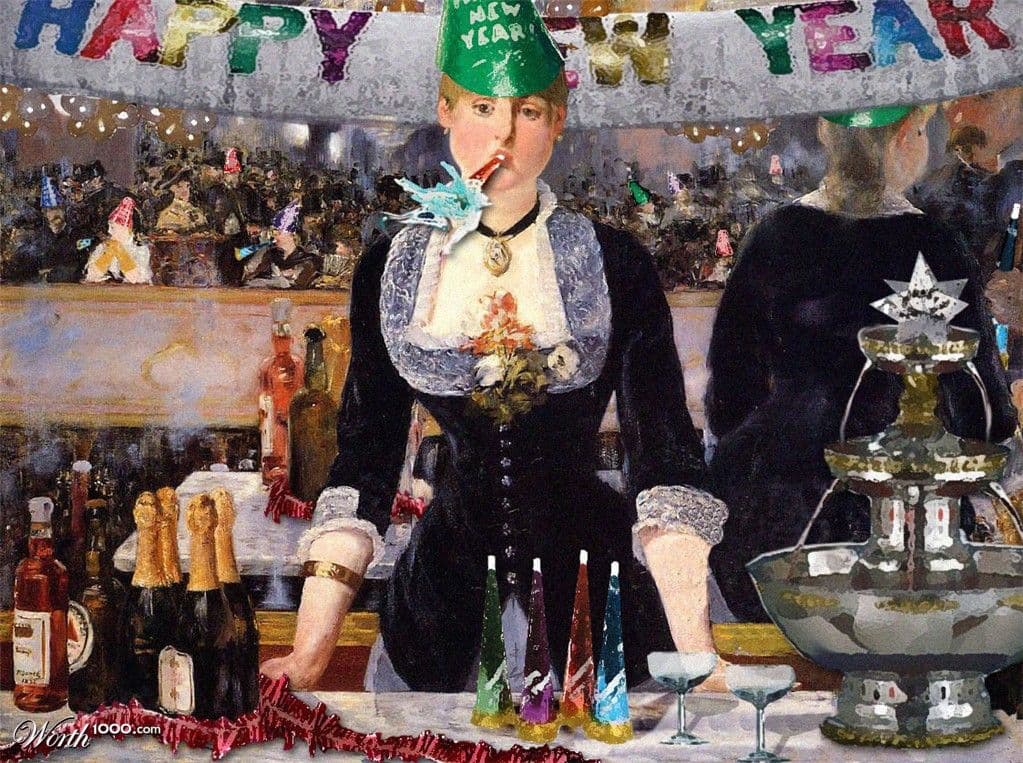
BoSacks Speaks Out: I Salute You - A New Year's Homage to the Ink-Stained Irregulars
It's been quite a ride, hasn't it? Somewhere along the way, we became the last romantics of the analog world, the guardians of grainy halftones and pe...

BoSacks Speaks Out: When Marketing Stops Persuading and Starts Predating
Gord Hotchkiss opens with a gut punch: “I hate marketing.” That is not a clever hook. It is a verdict from someone who spent forty years inside the ma...
